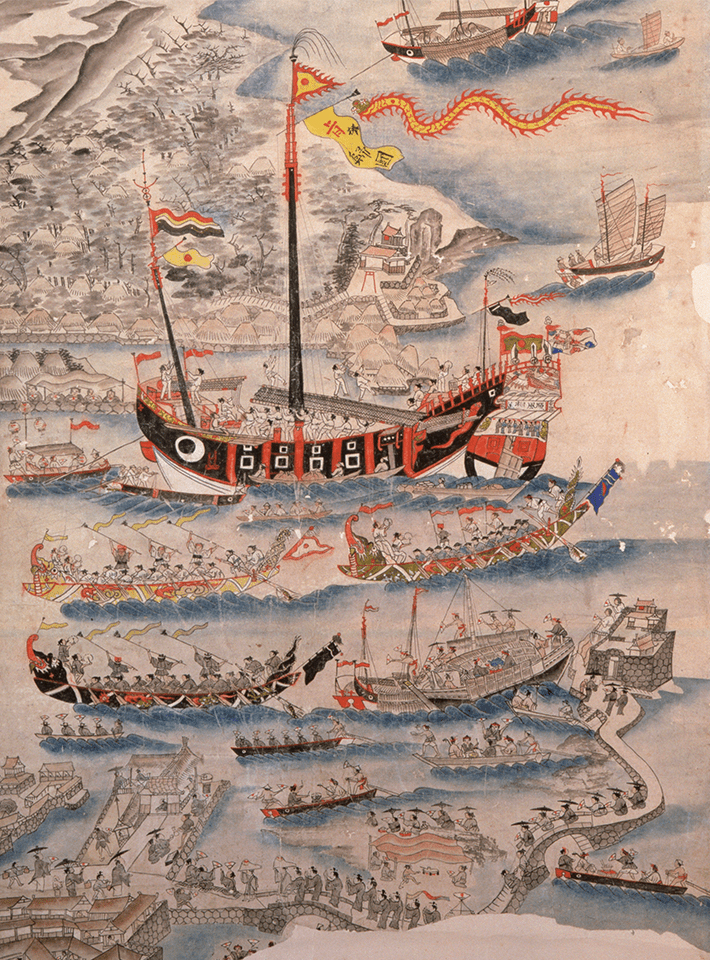Contribute.

Guest posts
The DUCK OF MINERVA publishes posts on a wide variety of topics. These include current events, policy dilemmas, popular culture, research methods, disciplinary politics, academic careers, and international theory.
Whatever the topic, guest posts should either engage with issues pertinent to the scholarly study of world politics or approach their subject matter from a scholarly perspectives.
When considering whether to pitch a post, keep in mind that an overwhelming majority of guest posts are written by graduate students or people with advanced degrees.
Shameless Self-Promotion
We encourage individual posts and symposia that aim to promote scholarly work. We’re also experimenting with a way that scholars can promote a recently published peer-reviewed article or book. Instead of writing a conventional post, authors can send us written answers to six (or seven) questions about their work:
1. What is the name of the journal article (or book) and what are its coordinates?
2. What’s the argument?
3. Why should we care?
4. Why will we find the article (or book) persuasive?
5. Why did you decide to write it in the first place?
6. What would you most like to change about the piece, and why?
+1. (Optional) How much difficulty did you have getting the piece accepted?
Symposia
Duck of Minerva symposia almost always include guest posts, and some include no mast-head contributors. The pieces that appear in symposia are always solicited, but we will consider proposals for posts that engage with an already-published symposium.
Most Duck of Minerva symposium originate from external proposals. We have hosted debates over specific articles, discussions keyed to journal special issues, forums on science-fiction novels, and reflections on academic mentorship.
Basic Procedures
If you’re interesting in contributing to the Duck of Minerva then you should email us. Please start with a pitch, not a completed post.
We will ignore queries from marketers.
Style Guide
Please read our preliminary style guide. You can also look at the Peter DeScioli and Steven Pinker’s article on “turgid prose” to get a sense of basic mistakes to avoid.
Do you edit posts?
Yes. We’ll always consult with you about major changes, but we often do a “last edit” before posting. If these don’t include any changes in meaning, it’s quite likely that we won’t ask your permission.
Biographical Material
Toward the end of the editorial process we will ask you to provide materials for your byline and its linked biography. Here’s what we will need:
1. Short biography, which should include your affiliation and a handful of things you’d like to highlight. The bio should comport with our style guidelines and include relevant links.
2.. (Optional) Long biography, which will appear on your dedicated author page.
3. Coordinates, including your preferred website (whether personal or professional), links to social-media coordinates (Twitter, LinkedIn, etc.), and email (and if you want it to be displayed as an icon, which is supposedly protected from scraping).
4. Headshot, which should be at least 500px wide and 500px high (native resolution, please do not upscale a lower-resolution file). Portrait and landscape images will be cropped to a 1:1 aspect ratio. We prefer that you do that before sending – and include the original as well – but if you rely on us to crop please send us an image that will look okay in 1:1.